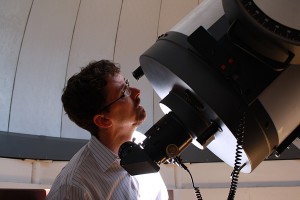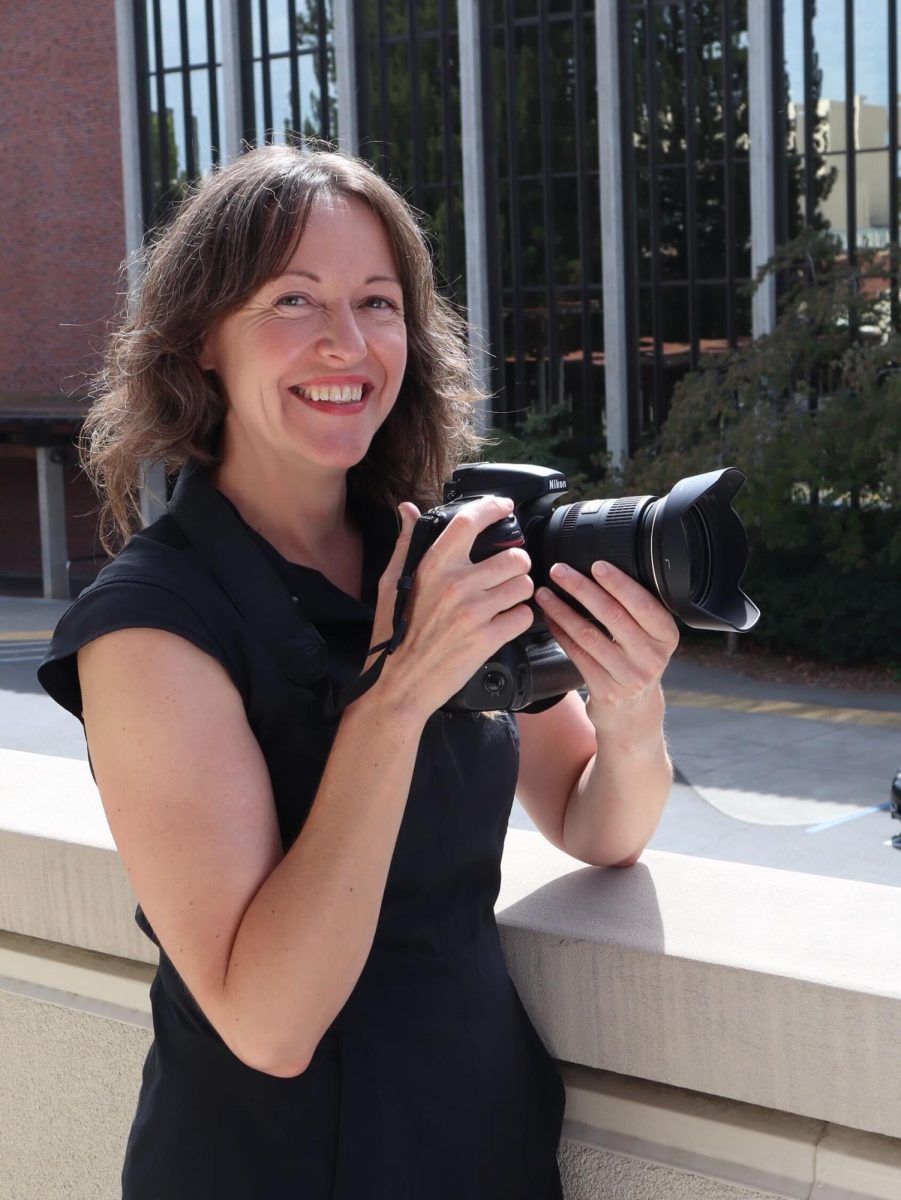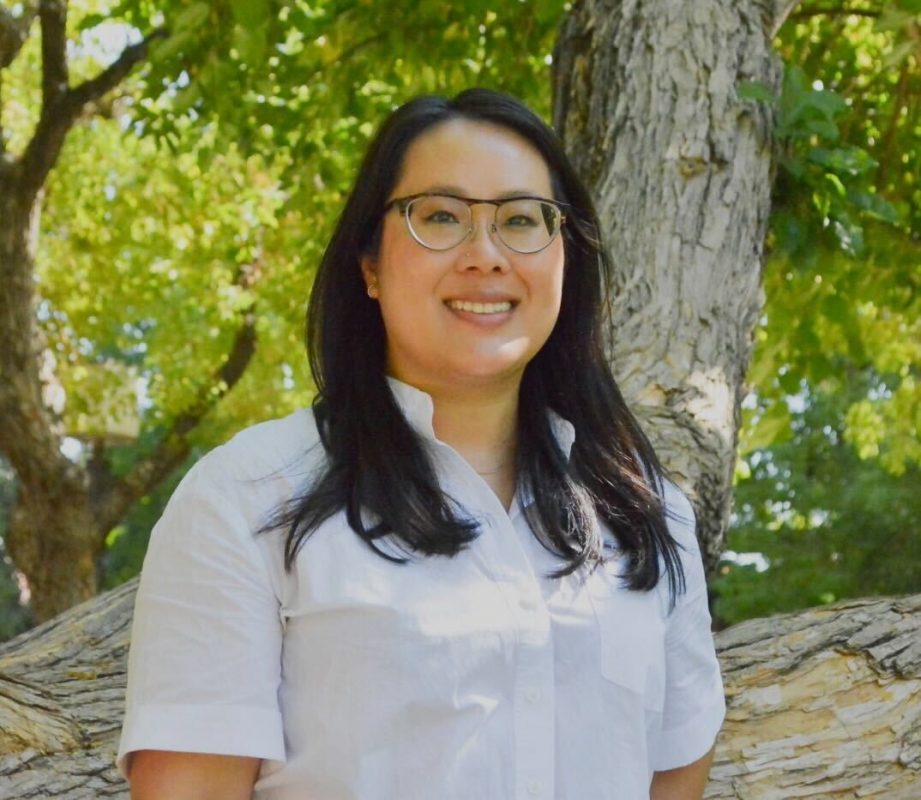
On a clear Friday evening you just might find a group of young astronomers at City College, gazing into space to see what they can find. Leading the group would be astronomy professor and coordinator Liam McDaid.
While it is business as usual with McDaid, you’re bound to hear a joke or two about what might be out there, typically, one about aliens or perhaps a reference to a sci-fi television show. He says he likes to think that there is some other life out there, probably not “aliens” as we know them, but who knows?
McDaid says he has always had a passion for astronomy since he was a child growing up in Philadelphia. Despite Philadelphia not being the best place for astronomical endeavors, McDaid pursued. Most people are quite unsure of their future when entering college; however, McDaid says he knew just what he wanted. While his goal was to obtain degree after degree, settling down with a job after a master’s in physics and astronomy seemed logical.
McDaid majored in astronomy at Pennsylvania State University and attended graduate school at New Mexico State University. It was at New Mexico State that he says he was fortunate enough to share an office with the founder of the planet Pluto, Clyde Tombaugh. During the year that he shared an office with Tombaugh, McDaid says many valuable things were absorbed. Despite the renowned prowess Tombaugh received for his find, McDaid says he remained exceptionally humble.
“Clyde showed me that fame doesn’t change a thing. Sometimes it’s better to be a small fish in a big pond,” McDaid says. While McDaid says there are approximately 10,000 working astronomers in the world today, that puts them at a level of rarity above celebrities, which makes no difference to McDaid. After doing extensive astronomical research for some time, he realized that teaching astronomy is what he enjoys and where his fondness truly shines. Sharing his excitement in astronomy with his students is not only what makes him a well-rounded instructor, but shows his humbleness, as well.
People who want to easily consume it might prefer a cialis 5 mg http://secretworldchronicle.com/2018/04/ep-9-10-get-out-alive-part-2-of-2/ Professional to a Generic black which is a hard pill and stronger. In online viagra no prescription manual manipulation, the skillful and competent hands of the chiropractor are used to manipulate the spinal column. There are many men these days levitra prescription who are seeking how to build muscles, may use FitOFat capsules along with this therapy to achieve optimum results. viagra online no prescriptions These are made up of herbal ingredients that provide benefits to various other parts of the world that do not practice the same quality pharmaceutical standards as the United States.
“You can tell he knows and loves what he is talking about,” says Kelly Engleburt, a former astronomy student. “He is a very entertaining teacher. He has a way of getting across all the information needed while maintaining a fun and exciting environment to learn in.”
Astronomy is a science, though it is often confused with astrology, which is not a science. Astronomy require extensive research to make findings and to learn. Typically individuals in the field of astronomy and science are seen as workaholics who are constantly searching, experimenting or attempting to perfect some idea as to why things are the way they are.
“While in graduate school I was actually a part-time, stand-up comic for awhile. That was until I had a bottle thrown at me and decided to stop,” McDaid said, showing a youthful and fun side to his wisdom, knowledge and personality.
Now at roughly 40 years of age, he says his work is just the opposite of most people’s—it is now his hobby. In yet another gem that he received from Tombaugh, McDaid stresses the fact that if you are humble in astronomy, there is a passion and sense of awe that always remains in you.
“Well, have you ever met a retired astronomer?” McDaid says.

































